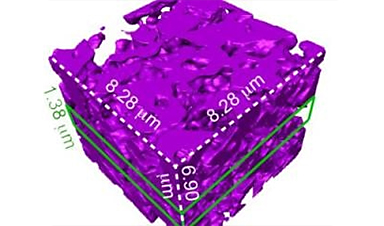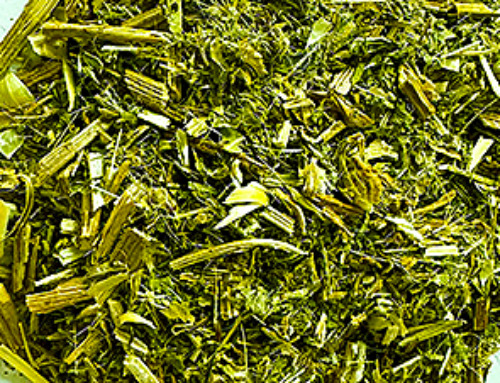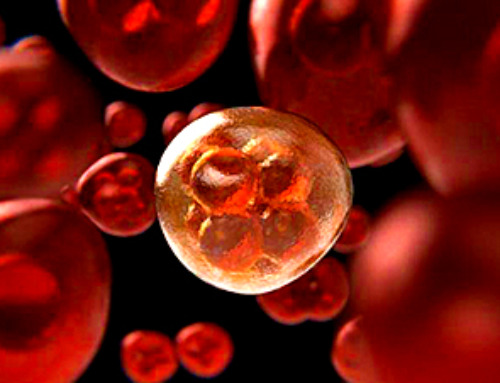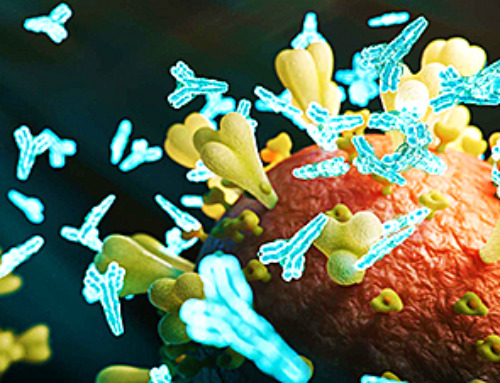From an article written by AZoNano:
In an ideal situation, implantable or injectable medical devices are expected to be soft just like the body tissues they correlate with besides being electrically functional and small. Researchers from two UChicago labs are investigating the possibility of producing a material comprising all these three characteristics.
The June 27th issue of Nature Materials features a study on the material developed by the researchers. This material forms the foundation of an ingenious light-activated injectable device capable of being used for stimulating nerve cells and controlling the behavior of organs and muscles.
“Most traditional materials for implants are very rigid and bulky, especially if you want to do electrical stimulation,” said Bozhi Tian, an assistant professor in chemistry whose lab collaborated with that of neuroscientist Francisco Bezanilla, the Lillian Eichelberger Cannon Professor of Biochemistry and Molecular Biology.
This new material is extremely small and soft and has a number of particles that are only a few micrometers in diameter that is almost lesser than the width of a human strand of hair. These tiny particles blend effortlessly in a saline solution such that they are ready to be injected. After a couple of months, the particles naturally begin to deteriorate inside the body hence preventing the need to remove them through a surgery.







Leave A Comment